In recent years, new sleep monitoring technologies and better studies have allowed scientists to measure the benefits of a good night’s sleep.
And what they have found is pretty amazing.
According to some of the most recent scientific studies on the subject, a good night’s sleep can increase our levels of productivity, focus and emotional stability, while also improving our academic and athletic performance.
There is, however, a small catch.
What scientists have also found out is that while having a good night's sleep is important, it isn't always easy to come by. Stress, anxiety, bad eating habits, and poor night time posture can all get in the way.
A recent survey conducted by the Conference Board of Canada shows that nearly one third of Canadian workers don't get a good night's sleep, making them feel tired throughout the day. This has a dramatic effect on their daytime productivity and overall health, while costing companies millions.
The Characteristics Of A Good Night Of Sleep
According to experts at the National Sleep Foundation, it's defined by three major characteristics:
- It happens within 20 minutes of laying down
- It lasts between 7 to 9 hours
- It leaves you well rested and ready for the next day.
But what can you do to get there? Here are 7 tips to get a great night of sleep.
1. Have A Regular Sleep Schedule
Avoiding any radical changes to your sleep schedule during the weekend is key to maintaining a stable circadian rhythm.
The more your weekend/weekday sleep differ, the harder it is to consistently get a good night’s sleep.
2. Avoid Devices Before Bed
Studies also found that having small lights flashing in the room while you sleep (like the ones that turns on when your cellphone or computer are charging) can also have a negative impact on the quality of your sleep. This occurs because darkness is key to the production of melatonin, which ensures that you fall asleep quicker and sleep better.
Similarly, if you have a computer or cellphone plugged in during the night, consider using a sleep mask or covering up the offending lights with a shirt or a towel. This decreases the impact that the light has on the production of melatonin in your body, and will help improve the quality of your sleep.
3. Take A Short Nap During The Day
New sleep monitoring technologies have allowed scientists to measure our brain activity during our sleep. This has let them see that our sleeps functions in different cycles, which last about 90 minutes.
Based on this, sleep experts were able to conclude that naps can be a great way to catch up on your sleep and wake up more energized, as long as you limit your naps to a maximum of 45 minutes. This will allow you to increase productivity and awareness, rather than feel groggy.
4. Improve Your Sleep Posture
A variation of this position, with a pillow between the legs, is recommended to people with lower back problems and pregnant women.
5. Avoid Big Meals and Alcohol Before Bed
Very heavy meals, as well as acidic or spicy dishes, can lead to heartburn that keeps you up at night. Sugars, caffeine and other stimulants can also keep you awake at night.
And then there's alcohol. While alcohol is a depressant that can make people feel drowsy and tired, it doesn't improve the quality of their sleep. According to experts at the National Sleep Foundation, going to bed after drinking can actually have a negative effect on circadian rhythms and blocks REM-sleep, which is the deepest moment of our sleep cycle.
6. Minimize Stress and Anxiety
Research shows that stress and anxiety both encourage your body to stay awake and prevent you from falling asleep. This lack of sleep, in turn, affects your physical and mental wellbeing, creating a vicious spiral.
Learning how to manage stress and anxiety by staying active, having a healthy diet, and using techniques such as deep breathing or mindfulness. These will all help improve the quantity and quality of your sleep, which in turn will help you decrease stress levels.
7. Get A Treatment
Holistic treatments like chiropractics and neurofeedback have been proven to combat the root causes behind many sleep-related conditions, including insomnia and sleep apnea.
We'll help you get into a healthy sleep routines so you can enjoy a healthier (and happier!) life.
For more information about getting a great night's sleep over the holidays please see here https://www.nectarsleep.co.uk/posts/how-to-get-better-quality-sleep/

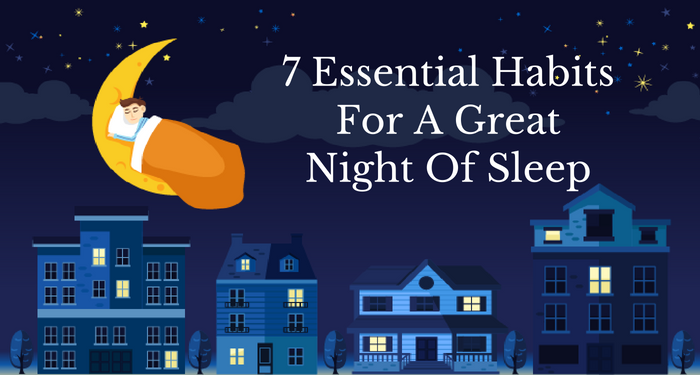
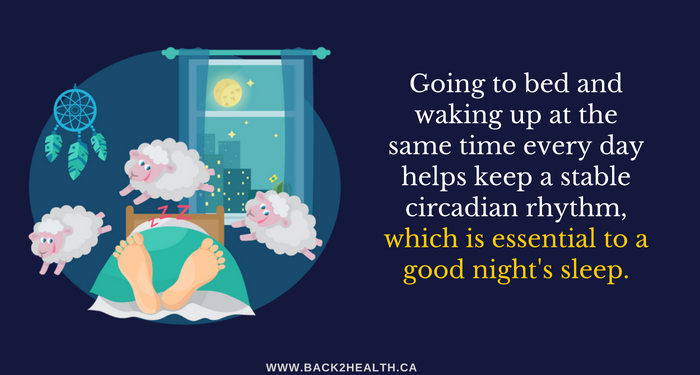
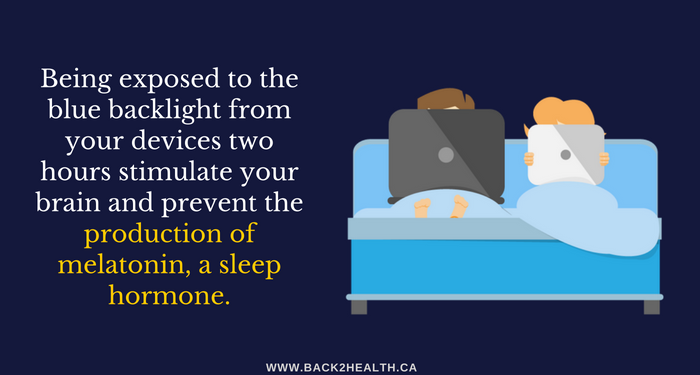
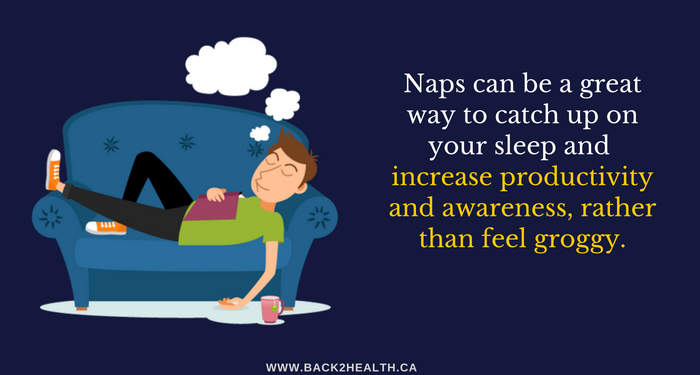
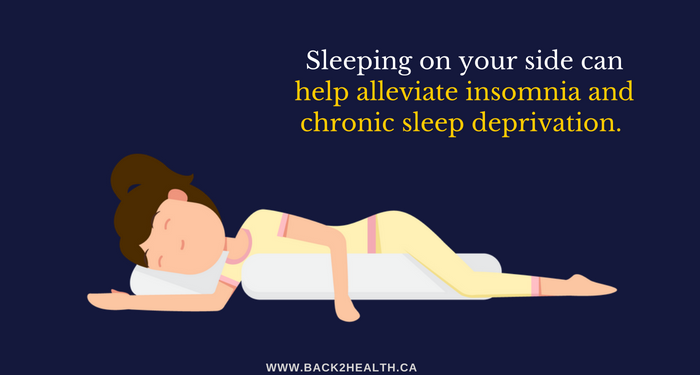
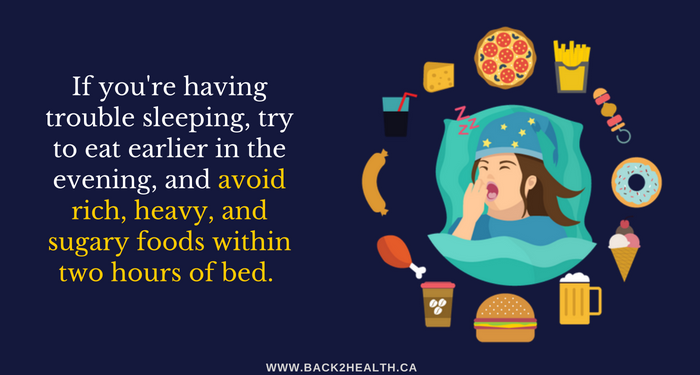
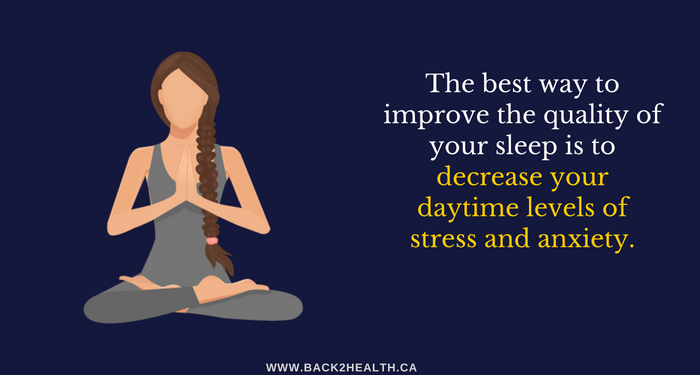
 RSS Feed
RSS Feed
